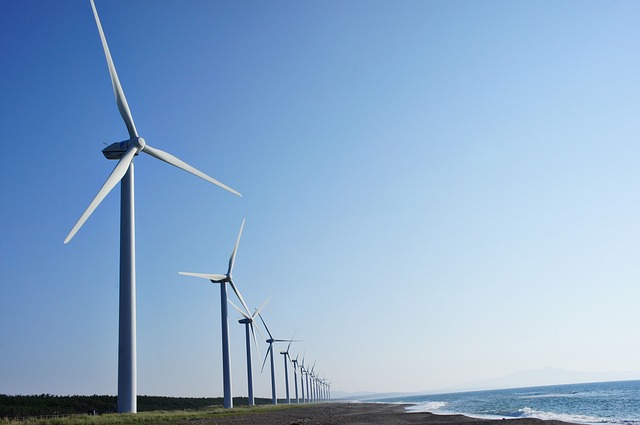
Environmental science is one of those fields that everyone secretly wishes they could work in. It's a science that draws on physics, biology, chemistry and geology to study our Earth and it's natural processes. People who work in this field use their academic knowledge to find new ways to protect our environment, prevent the extinction of animals and reverse the effects of climate change.
Why should you study environmental science?
If you've been paying attention to the media in 2020, you'll know that (besides coronavirus) conservation and climate change have been very prominent topics. This is because scientists have identified a very small window, of about 10-years, that we have left to significantly change our way of living if we want to save the planet.
Environmental science has not always been a subject you can study, in fact, it's a relatively new subject that only really gained popularity in the '60s and '70s.
If you're not sure whether you should study environmental science at university, ask yourself this. Do you want to help create an eco-friendly world? If the answer is yes - environmental science might be the perfect degree for you!
What are the 5 main sectors of environmental science?
Like most scientific disciplines, environmental science covers a broad range of topics. The five major sub-sections of environmental science are:
- Ecology - living organisms and how they interact with each other
- Environmental Chemistry - chemical processes and the way they change our environment
- Social Sciences - the relationship between humans and nature
- Geosciences - the Earth's crust and the different phenomena that occur there
- Atmospheric sciences - the Earth's atmosphere and how it relates to other natural processes
Are environmental scientists in demand?
Yes! Environmental scientists are very much in demand at the moment. There is a huge push for people to start creating new, environmentally-friendly technologies to clean up our land, oceans and air.
You might have noticed in the news recently that David Attenborough & Prince William have joined forces to create the Earthshot prize, a "Nobel Prize for environmentalism" that will award people £1m for new, environment-preserving ideas. Their goal is to find 50 solutions to our worst environmental problems by 2030 by giving people working in environmental science and other related fields an incentive to innovate.
So, now is a great time to get involved in environmental science and put your best ideas forward. You never know, you might end up working on a project that lands you one of the first Earthshot prizes!
What environmental science jobs are there?
Environmental science is a really broad subject, which is why there are hundreds of different roles you can choose from. During your environmental science studies, you might find that your interests lie in one particular area, like conservation, for example. In that case, you might look for a job as a nature conservation officer. Other jobs that are directly related to environmental science include:
- Water quality scientist
- Recycling officer
- Minerals surveyor
- Commercial horticulturist
If you're looking for a career in environmental science, get in touch with the HRS recruitment team today. We'll help you find a job that will help you turn your dreams of a cleaner, greener world into a reality!
